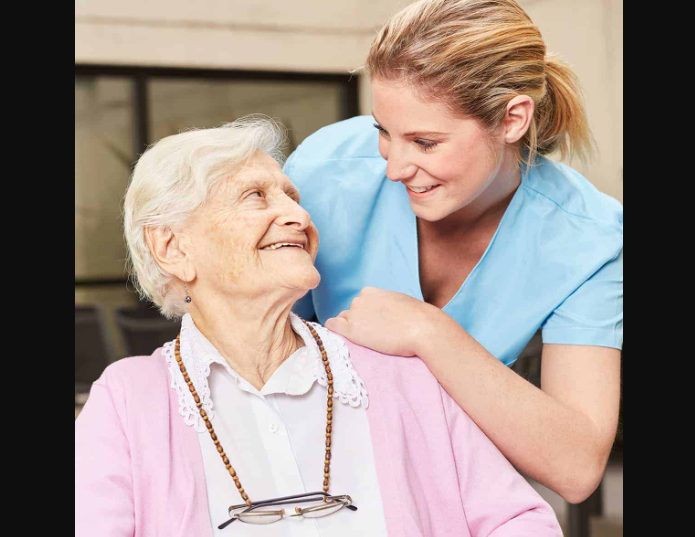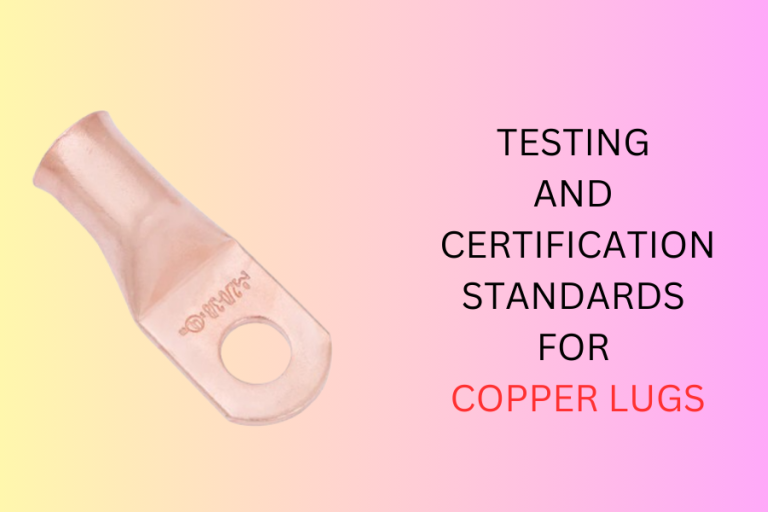
It’s called atopic dermatitis, and it makes your skin dry, red, itchy, and bumpy. Eczema is also called atopic dermatitis. It’s one of the many types of dermatitis that can happen to people. This means that your skin is more vulnerable to infections and dryness because it doesn’t have the same protective layer that it used to have.
Because eczema doesn’t hurt your body, having a cold doesn’t mean your skin is dirty or infected, and it’s not a virus or something else that can spread. There are treatments that can help you deal with your symptoms.
Is eczema a common condition?
Approximately 10% to 20% of babies suffer from eczema. However, almost half of them get better or get better a lot as they get older.
Eczema affects both men and women, but it is more common in people with asthma, allergies to the environment and food, and people who have a history of these things.
How is eczema triggered?
The cause of eczema hasn’t been fully explained. However, scientists think that an overactive immune system is to blame for it.
Eczema tends to get worse when your skin is exposed to things that bother it. This makes your body’s immune system overreact. Reach out to the best dermatologist in Coimbatore immediately as you start noticing signs of eczema.
- chemicals substances present in cleansers and detergents
- Fragrant products
- cigarette smoke
- allergens such as mold, pollens, dust, or dust mites
- wool
- synthetic fabrics
- sweating
- temperature changes
- stress
- food allergies
Understanding the warning indications of eczema:
A common sign of eczema is itchy skin that is dry, rough, flaky, inflamed, and itchy. It can start, then stop, and then start again.
Everybody can get eczema at some point in their lives. It is most common on the arms, inner elbows and back of the knees, as well as the cheeks and the scalp. It’s not contagious, and it can get better with age.
- severe itching
- red or brownish-gray patchy spots
- As the surface is scratched, the small, raised bumps that ooze fluid start to leak.
- crusty patches of dried yellowish ooze on the skin.
- thick, scaly skin that is sore or raw-feeling
Many people find that their symptoms worsen at night, making it hard to get to sleep. Scratching eczema makes the skin even more irritated and itchy. If this happens, you might get an infection that needs medicine like antibiotics to help you get better. Consult the best skin care hospital in Coimbatore in case you are looking for eczema.
What do eczema patches look like?
Scratchy patches of skin that can show up on any part of the body during infancy, but in children and adults, eczema tends to show up on the inner wrists and elbows, behind the knees, and the neck more often than anywhere else. They can look hyperpigmented and brown in people with darker skin tones, or they can look pink or red in people with lighter skin.
Who is at the risk of getting affected by eczema?
There are a few things that can make you more likely to get eczema.
- Children and adults who have asthma or hay fever are more likely to have eczema. People who get these conditions before the age of 30 are also more likely to have them.
- People who have eczema in their families are more likely to get it.
What is involved in the diagnosis of eczema?
No one test can be used to find out if someone has eczema.By talking to you about your symptoms and looking at your skin, a doctor can usually figure out what’s wrong. Sometimes, a patch test might be done to help find the things that cause eczema. The diagnosis of the condition can be performed at an eczema hospital in Coimbatore by expert specialists.
A patch test can help you find out which allergens cause your symptoms, like skin allergies linked to contact dermatitis.
A patch test is when an allergen is put on a patch that’s put on your skin. The allergen will make your skin red and swollen if it’s a trigger for you.
Treatment for the condition of eczema:
As a person with eczema, you should see a dermatologist, an allergist, or your primary care doctor figure out what to do about it. This will depend on what kind and how bad your eczema is.
Understanding the laser treatment for eczema:
Lasers can be a good, non-invasive way to treat eczema. This kind of treatment can help you with either small, specific parts of your body or large parts of your body. Laser therapy is a form of photobiomodulation, which is eczema light therapy, and it is used to help people. It uses light to make cells and tissue work in a different way.
Different types of wavelengths and light sources can be used, depending on what the person wants to do.
How does the laser procedure work?
Laser therapy is a non-invasive way to treat eczema. Dermatologists may use laser therapy or another form of light therapy (phototherapy) to treat your eczema if other forms of treatment don’t work.
When your doctor uses the excimer laser, they will use a handheld device to focus treatment on certain parts of your body. It can be used on your hands, feet, and scalp.
Your doctor may use another type of phototherapy. You may have to stand inside a machine that will direct light at either your whole body or just the parts that are exposed. Reach out to the Top Hospitals In Coimbatore for effective eczema treatment.
Can laser therapy remove eczema scars?
Eczema itself should not scar, but it may leave behind hyperpigmentation that is caused by the inflammation that took place when you had it. When you have phototherapy or excimer treatment, this can worsen because the affected parts of your skin will darken or tan more than the rest of your skin when exposed to the sun.
Other types of lasers may help to make scars from different types of skin damage less noticeable.
You should talk to your doctor if you want to make scars less noticeable on your skin. These aren’t the only things they can do to make scars look less noticeable or even out the skin tone caused by eczema. You might be able to use more than one dry itchy skin treatment at the same time to help.
During a flare, don’t scratch or pick at your skin. This will lessen the chances of your skin getting hurt.
It’s possible that the doctor will give you other options (like dermabrasion or laser resurfacing) if the scarring is very bad. Dermatologists don’t think these options are suitable for everyone.
Everyone has different types of scarring, so it all comes down to their kind of eczema and how they are scarred. Often scars fade with time. Reaching out to the best skin allergy doctor can help in advanced eczema treatment.






